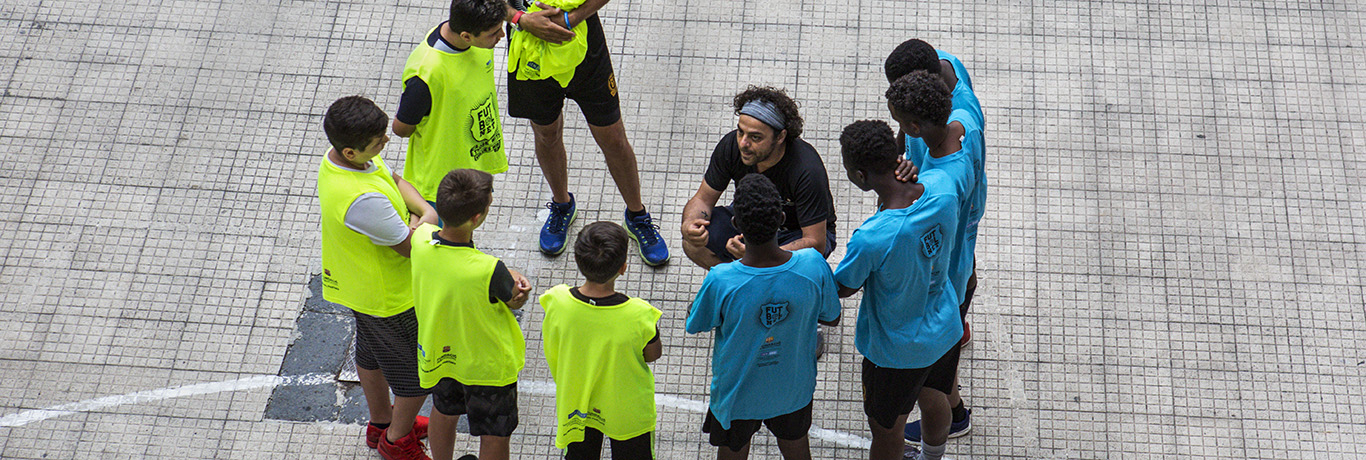Dedicated registration staffing requirements
The Registration and Identity Management Officer position is located at the Regional Office, Country Office, Sub-Office, Field Office or Headquarters. The role of the Registration and Identity Management Officer is to:
- Design, implement and monitor registration strategies that are consistent with the operation’s protection strategy and programming activities and with global registration and identity management standards and tools.
- Ensure that required data protection, anti-fraud, protection needs identification and data quality measures are built into registration processes.
- Support advocacy with Government authorities and partners to establish and strengthen fair and efficient registration procedures, including the recognition of UNHCR identity and entitlement documentation and associated rights, either through direct or joint implementation; or through the provision of capacity building for Government registration staff and support for registration database creation and management.
Dedicated country level registration staffing requirements in UNHCR-only or joint Government registration is generally required. Factors that determine the level of dedicated registration staffing required depends on:
- Government willingness and capacity to conduct registration itself;
- Favorability of the protection environment and Government willingness for UNHCR to conduct registration either on its behalf or under UNHCR’s mandate;
- Size of asylum-seeker/refugee population, including rate of new arrivals.
- The registration methodologies envisaged for the populations being registered.
- Emergencies with large influxes of new arrivals always require dedicated registration staff.
- Nature and scale of existing or planned UNHCR protection and programming activities, including assistance delivery programmes, RSD, resettlement and protection case management.
- Available resources including operational budget to recruit staff and materials to set up appropriate registration infrastructure;
- High level of data sharing and interoperability of case management systems with other partner systems;
- Prevalence of multiple registration, identity or document fraud, requiring the implementation of robust identity management systems and anti-fraud systems.
Depending on the size and complexity of the operation, it is generally recommended that international registration (P2, P3) staffing be assigned to supervise and design registration activities, with national positions (NOA, NOB) created to ensure institutionalization and continuity of process. Where dedicated international registration staffing is not required and instead covered by Protection staff, the latter must have relevant technical training in registration.
Personnel conducting registration interviews can be employed on affiliate workforce contracts at the GL-4 level minimum. In the event of one-off, large-scale registration exercises, temporary affiliate workforce contracts may be issued, but registration activities should not commence until appropriate registration and protection training has been provided to all new staff. Registration managerial and supervisory functions are reserved for UNHCR staff at the national or international post level (NOA, NOB, P2, P3), with mid-level management or oversight for example of implementing partners conducting registration to be held at the GL-6 level minimum. In operations where registration is conducted primarily for the purposes of refugee status determination, national or international registration staff may report to the (Senior) RSD Officer, who should have the requisite technical training on registration.
Dedicated regional level registration staffing is always required to harmonize and monitor standard approaches to registration processes and registration data collection within a region. Regional registration support is required where there is an expectation for high level technical intervention with Government or operational partners, including negotiation and oversight on data sharing, partnerships and interoperability of systems with other UN agencies, particularly in regard to assistance delivery.
Staffing considerations in merged Registration-RSD procedures
Registration personnel conducting interviews and drafting RSD recommendations in Merged Registration – RSD procedures must have received basic training on RSD and interview skills. Decisions following a merged Registration – RSD interview should be reviewed/co-signed by RSD personnel, or in the absence of RSD personnel by (senior) registration personnel who preferably have been trained in RSD. In operations conducting merged Registration-RSD procedures, registration staff should be supported by strong oversight including shadowing of interviews, and benefit from ongoing training opportunities.


